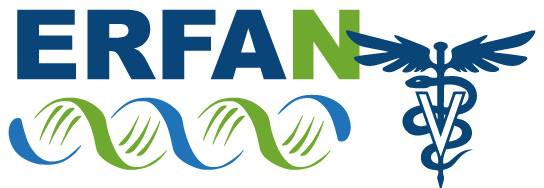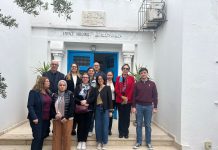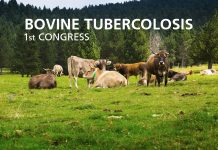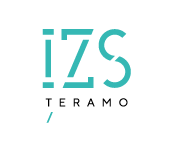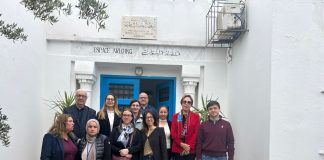The ERFAN Secretariat is closely monitoring the spread of the coronavirus (COVID-19). The health and safety of the colleagues and staff is a top priority. For this reason, in accordance with the coordinators of the Food Hygiene Working Group and the participants in the TC, it is inevitable that the activities scheduled from 9 to 13 March 2020 in Windhoek (Namibia), be postponed to a later date. The new date will fall in the second half of the year 2020.
Purpose
The training course on Listeria monocytogenes and Salmonella has the purpose to represent a useful meeting event to deepen topics related to these pathogenic microorganisms and to share technical-scientific updates on analytical methods used in laboratory for testing, serological typing and molecular typing, included genomic data. The training will deal with detection and enumeration of Listeria spp. and Listeria monocytogenes, in food matrices, food producing environments and animals, according to ISO 11920-1:2017 and ISO 11920-1:2017 as well as the detection and isolation of Salmonella in foods according to the ISO 6579. The training will also cover the serotyping of Salmonella according to Kauffmann White scheme as well as the molecular typing of L. monocytogenes based on the recent genomics data.
Objective
The main objective of the training course on Listeria spp. and Salmonella is to acquire laboratory competences linked to detection and/or enumeration and characterization of these pathogens.
Participants
The African participants come from National Veterinary Laboratories of SADC Region as Namibia, Botswana, Zambia, South Africa, Zimbabwe, Mozambique, Angola Tanzania and The IZSAM with the OIE Collaborating Centre for Food Hygiene and the Italian Reference Laboratory for Listeria spp.
Training methodology
The training activities will be organized with traditional oral presentation in the classroom and training on the job in the laboratory (bench training). Trainers will present their experiences of Listeriosis in the field and in the laboratory.
